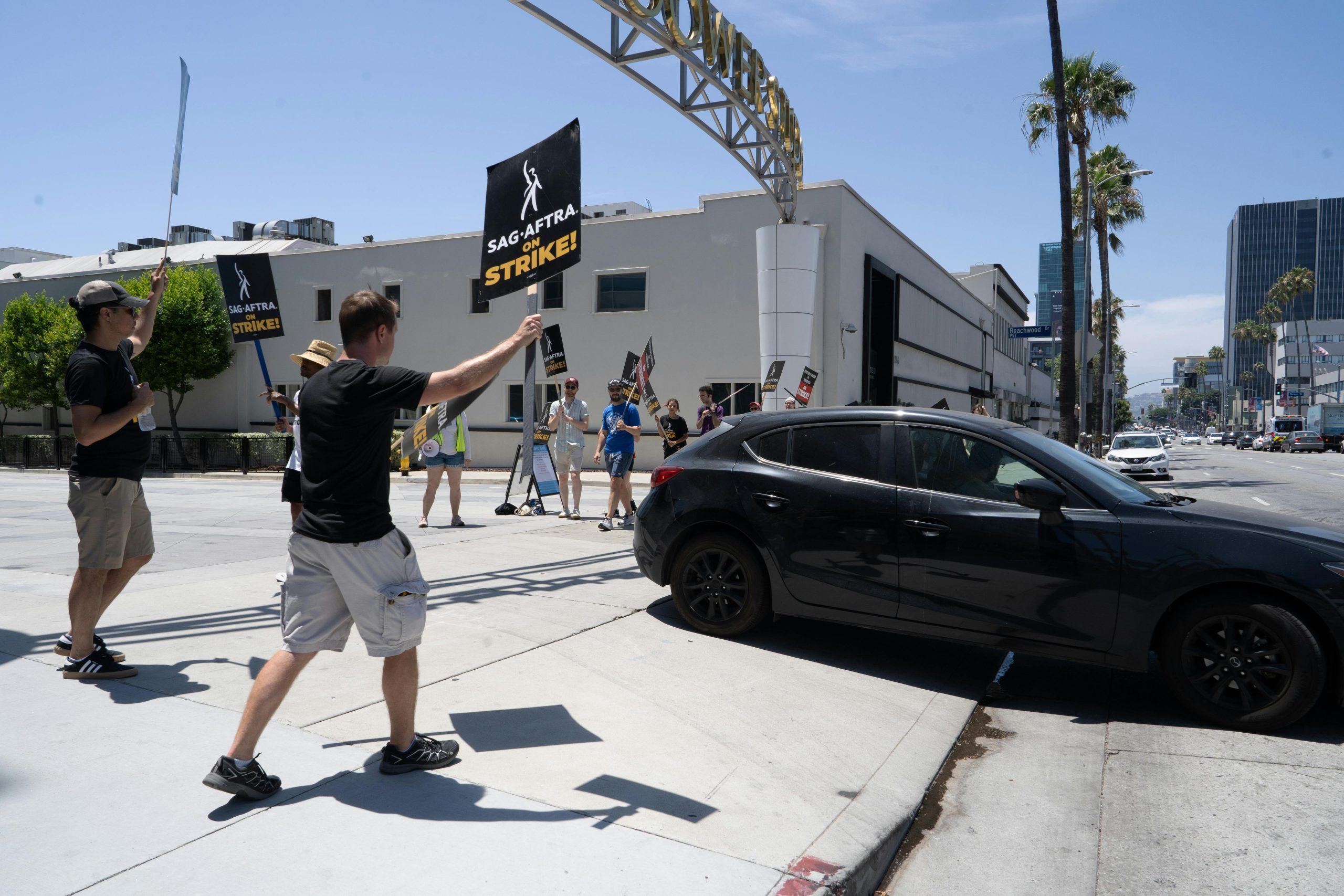It’s 6:45 PM. You were supposed to be off the floor by 5. But now you’re standing by the copier. One more urgent task, they said. No overtime pay. No thanks. Just… work. You sigh. Think about saying s...
It doesn’t always begin with a big fight. Or a slam of the office door. Sometimes, it starts quietly. A weird shift in tone. Fewer greetings. Fewer smiles. Then slowly coldness, confusion, chaos...
You ever felt like something just ain’t right at work? You wake up. Get dressed. Clock in. Do your job like a champ. But still, you don’t get picked. You don’t get heard. You don’t get paid the same. ...
So, you got that letter. “You are required to attend a disciplinary hearing…” Yeah. That one. Your stomach drops. Hands maybe shake a little. You start replaying everything. What did I do wrong? Was i...
Your first job. Exciting stuff. You’re fresh out the gate, nervous and hungry to prove yourself. But before you start hustling and hitting deadlines, there’s one thing you need in your back pock...
You’re just sitting there. Minding your business. Doing the job. It’s just another Tuesday. Coffee in hand. Inbox full. Then suddenly boom. Your manager walks in. Cold face. A file in hand. “We need t...








